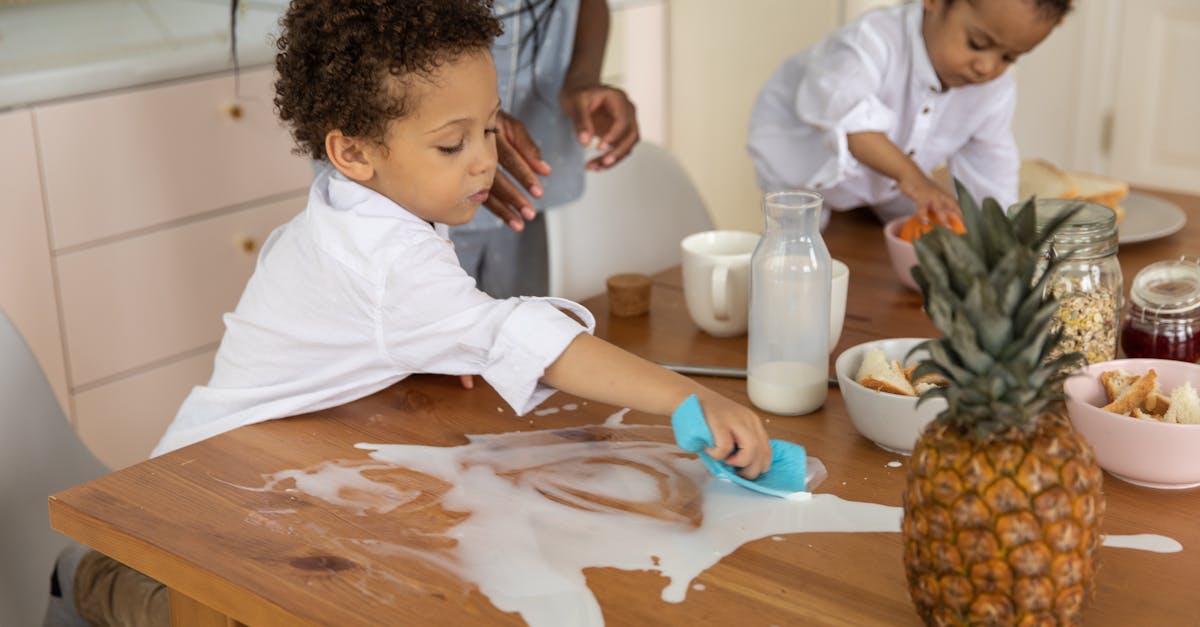Breaking Down Big Concepts
Discussing sin and repentance with preschoolers might sound like a task for the theologians, but guess what? You’ve got this! The key is to simplify these complex concepts into bite-sized, relatable pieces. Think of sin as being unkind or not following rules, something even little ones can understand. It’s like when they grab a toy without asking—oops, that’s a no-no! Share stories that have clear right and wrong actions, emphasizing the importance of making kind choices to navigate these big ideas into their world.

Remember, simplicity is key when breaking down big ideas for young minds. By using relatable examples and encouraging moral lessons, you can help preschoolers grasp complicated concepts in a way that speaks to them.
Examples Matter
Children learn best through examples, and daily life is full of them. Did you ever notice how a spilled glass of milk can turn into a lesson on responsibility? Yes, mistakes happen, but it’s what you do next that counts. Use simple stories from the Bible or everyday life to illustrate consequences and the beauty of saying, ‘I’m sorry.’ The tale of the lost sheep is a great start. Why? Because it shows that everyone makes mistakes, but making it right is what really matters.

Repentance in Action
Putting the concept of repentance into action can be both fun and meaningful. Create a ‘sorry tree’ where apologies grow on little notes of ‘I’m sorry‘ for times they’ve slipped up. This visual representation helps them understand the impact of their actions and the importance of making amends. It’s like saying, ‘Hey, nobody’s perfect, but we can always try to do better.‘ Plus, it teaches accountability in a way that’s easy for tiny tots to grasp.

Embracing Forgiveness
Forgiveness is the superhero of our story, swooping in to save the day. It’s teaching our tiny humans that saying, ‘I forgive you,’ is just as powerful as apologizing.
This might mean role-playing with toys to demonstrate forgiveness in action. Imagine one plush toy bumping into another. A simple ‘I’m sorry’ followed by ‘I forgive you, let’s play!’ can model positive interactions and the magical healing power of forgiveness. It reinforces the idea that everyone deserves a second chance.

Encouraging Questions and Conversation
Never underestimate the power of questions in a preschooler’s learning journey. Engaging in discussions about their feelings and actions encourages them to think critically about right and wrong.
Use story time as a chance to ask, What would you do? or How do you think they felt? This not only hones their empathy skills but also makes abstract concepts like sin and repentance tangible. Remember, their curious minds are like sponges, ready to soak up the lessons wrapped in love and understanding.

